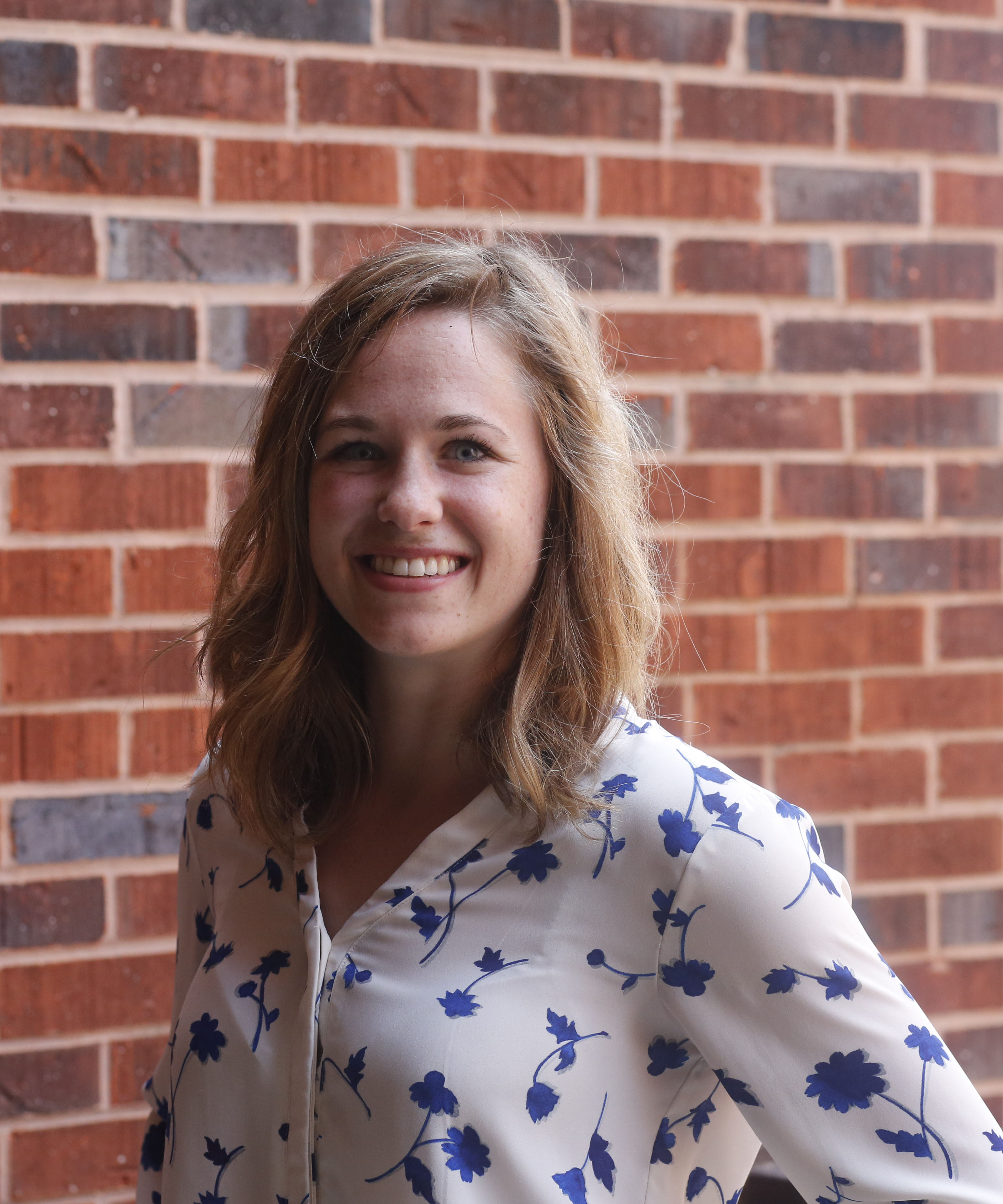In Uganda, religion is a fact of life. According to the Pew Research Center, upwards of 98 percent of Ugandans believe in a god, and 86 percent view religion as “very important” to their lives. Religion is how communities organize socially and it informs their views and activism politically. Ugandans share this religiosity with the cultures and people that surround them, including those who seek international protection within their borders. As of May 2019, nearly 1 million South Sudanese refugees fleeing civil war and another 350,000 Congolese refugees driven by violent conflict in the Democratic Republic of the Congo’s eastern provinces currently reside in Uganda. In the refugee camps that serve as their temporary home, places of worship are often the first institutions to be established; perhaps a tent is designated a rudimentary mosque, or a thatched roof and simple wooden logs make up the steeple and pews of a church.
Hosting and integrating refugees is inherently a political question, and religion has long played a pivotal role in Ugandan politics. Faith leaders frequently weigh in on political issues, such as when the Ugandan government contemplated resettling thousands of African refugees marked for deportation by Israel in 2018. It is no wonder that, by default, religion informs how many Ugandans approach refugee integration.
The pervasiveness of faith in everyday life and the commitment to community that accompanies most faith traditions contributes to Ugandans’ general support for their country’s unique refugee hosting model. Uganda’s refugee policies are often touted as some of the most generous in the world. Unlike many other host countries where refugees are viewed as competitors for jobs and resources, refugees in Uganda enjoy the right to work, are allocated plots of land to cultivate, and can move freely around the country. Studies demonstrate that these policies alone greatly facilitate the economic integration of refugees. Yet when it comes to sustainable social integration, fostering public understanding and support for these generous policies is essential. For this reason, well-organized religious groups and institutions can be indispensable allies in Uganda’s refugee response.
Beyond helping explain Ugandans’ generosity toward refugees, religion presents an opportunity for international NGOs, the UN, and the Ugandan government to ensure that local stakeholders are included in coordinating the refugee response. Already a number of international faith-based humanitarian organizations operate in Uganda’s 12 refugee-hosting districts, often in partnership with local faith-based NGOs. During my own time working for an international organization on refugee issues in Uganda, meetings with local representatives inevitably included religious leaders. A common sentiment echoed by the Ugandans I spoke with was that refugees are like “brothers and sisters,” and helping was natural.
But it would be careless to assume that these generous policies will succeed on the goodwill of faithful Ugandans alone. With a GDP per capita of $1,800 (PPP 2019 dollars), Uganda is a seriously poor country. Many rural Ugandan communities that are cut off from the metropolitan hub of Kampala remain dependent on subsistence farming and lack access to formal education, adequate health facilities, and the electrical grid. Hosting more than 1 million refugees has considerably strained the government’s already limited capacity to provide social services. The international attention and subsequent resources ushered into Uganda by the arrival of these refugees has therefore left many Ugandans asking when their longstanding needs will be addressed. During my visit to Moyo district (where refugees now make up 45 percent of the population), one community leader noted that the community had long sought funds for waste management infrastructure. He implied that if international donors helped the municipality meet this need, they would simultaneously aid refugees.
Without explicitly saying so, this local leader was underscoring one of the most fundamental lessons of an effective and sustainable refugee response: the trust and support of the local community are indispensable. The Ugandan government and UN have been proactive in engaging local stakeholders, for example by requiring that 30 percent of all refugee interventions directly benefit the host community, thereby opening the door to projects such as improving waste management in Moyo. It goes without saying that supportive hosts will ease the integration experience for refugees—but host communities must feel supported as a prerequisite.
The key for outside agencies and organizations working with refugees at the local level is to communicate with host communities when designing projects to ensure that they are aligned with their needs. Since faith leaders and faith-based groups are an integral part of the social fabric of rural Ugandan life, bringing them into the conversation can be an invaluable way to build the trust and buy-in of the local community and ultimately advance more sustainable and inclusive refugee integration.

